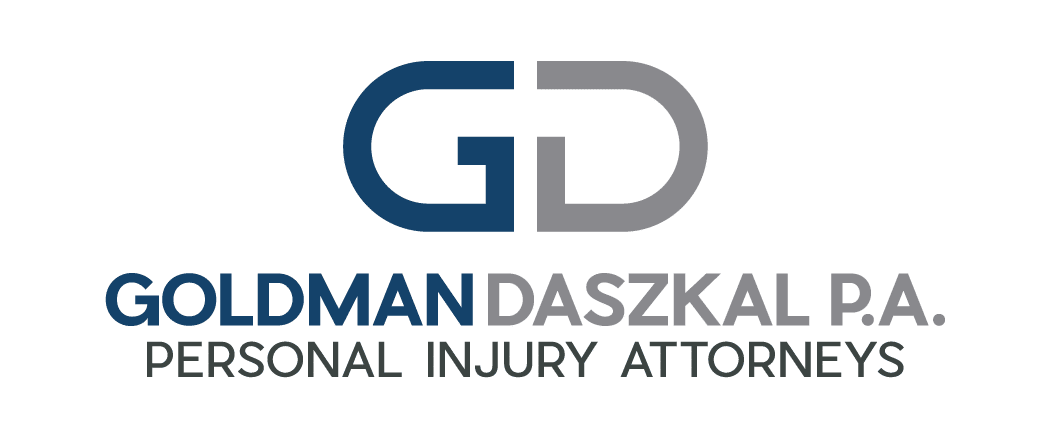
Medication errors, which include errors in prescribing, dispensing, or providing medications, injure approximately 1.5 million people each year in the U.S. Whether the physician mistakenly writes the prescription for the incorrect dosage or the pharmacy issues the medication to the wrong person, medication errors can be serious and life-threatening.
Some of the most common types of medication errors include:
In rare instances, the pharmacy may accidentally give a patient the wrong medication or the incorrect dosage.
Manufacturer Mislabeling
While the pharmacy typically adds their own label to the medication, there could be a labeling error either from the pharmacy or the manufacturer.
Hospital Equipment
In hospital or outpatient center settings, equipment may administer medications. If the equipment isn’t functioning properly, it may be possible to incorrectly dispense the dose.
Adverse Side Effects
The Physicians and pharmacists should review any risks and potential side effects of medications with the patient prior to prescribing. Without doing so, the patient can be at risk for adverse reactions (i.e. certain foods may reduce the effectiveness of medications.)
Allergic Reactions
If the pharmacist or physician fails to check the patient’s medical history for allergies and prescribes a medication that the patient shouldn’t have, the patient can be at risk for adverse reactions.
Contraindications
Some medications are known to interfere with other medications. Physicians must inquire about all current medications before prescribing a medication, ensuring there are no known adverse reactions with other medications that the patient is currently taking.
What You Can Do
If you take medications, we urge you to take an active role in your healthcare by asking your pharmacist or physician any questions you have about the medication, how it works, potential side effects, and contraindications. In fact, you should reconfirm the dosage and medication with the pharmacist before ever leaving the pharmacy.
Here is a list of key questions you should ask whenever you are prescribed a new medication:
- Can you confirm the name and correct dose for this medication?
- Can you describe the appearance (i.e. small, purple and white pill)?
- What does the medication do and when can I expect to see results?
- What is the dose? What if I miss a dose or take too much?
- What are potential side effects? Are there any counterindications with my other medications?
- Are there any foods or activities I should avoid while taking this medication?
What should you do if you or a loved one is harmed from a medication mistake?
If you believe you or a loved one suffered from a medication error, seek medical attention first. Then, take pictures of the medication, labels, and information related to the medication that may be helpful to build a case. Next, contact a reputable personal injury attorney with experience handling medication error (medical malpractice) cases.
If the medication manufacturer, pharmacy, or prescribing physician is found to be negligent, the injured individual may receive fair compensation for medical bills, pain and suffering, physical disability, or lost income that was a result of the medication mistake.
Since 1990, Goldman & Daszkal, P.A. has provided reputable legal representation to people throughout the state of Florida. The firm has helped thousands of individuals recover compensation from motor vehicle and boating accidents, slip and fall accidents, product defect and liability cases, pharmacy errors, and negligent security cases to cover medical expenses, pay bills, take care of their families, and return to work. Goldman & Daszkal, P.A. can help you get the relief you need to start living your life again after a serious injury. For a free and confidential consultation, contact Goldman & Daszkal, P.A., at (954) 428-9333.
